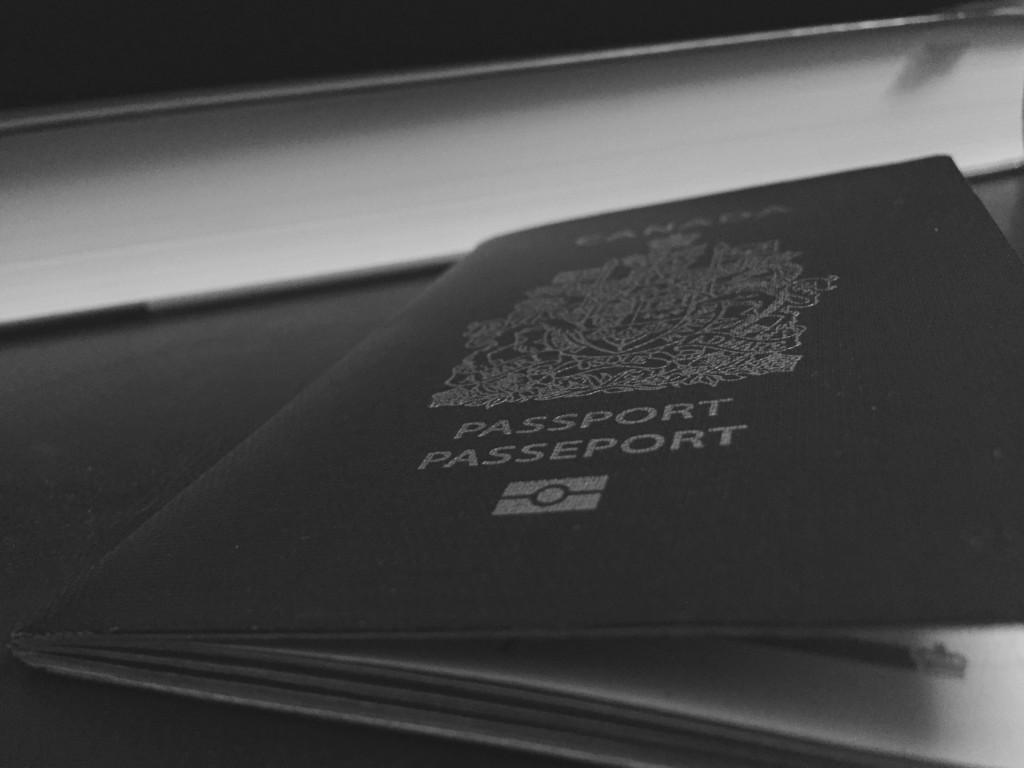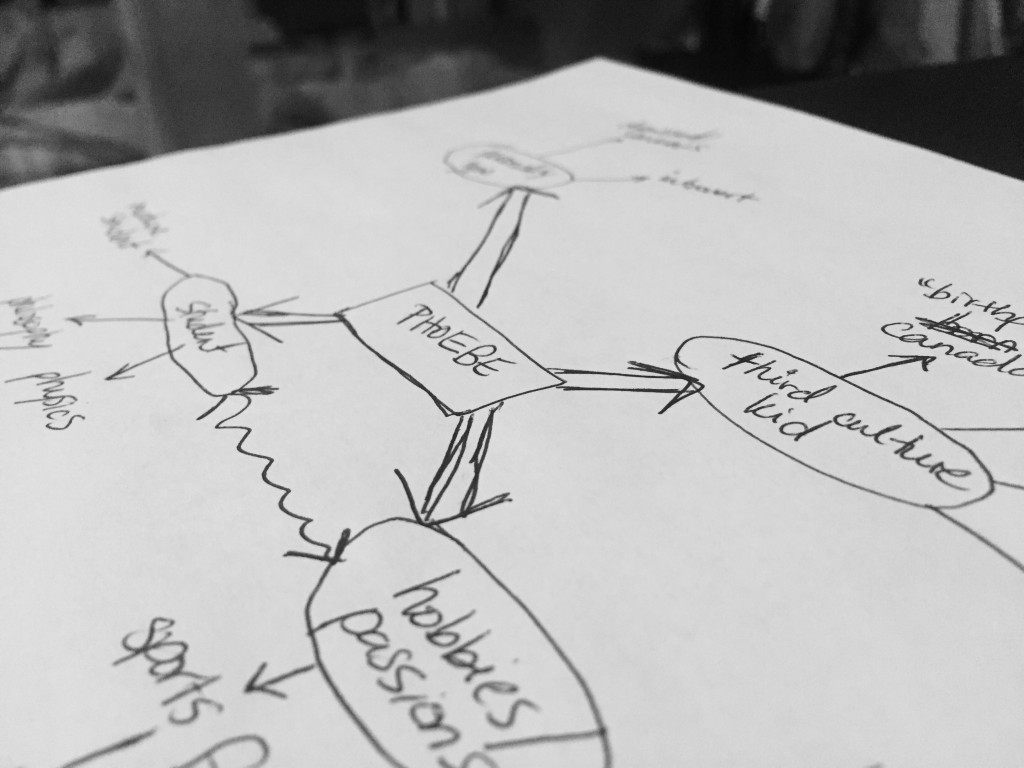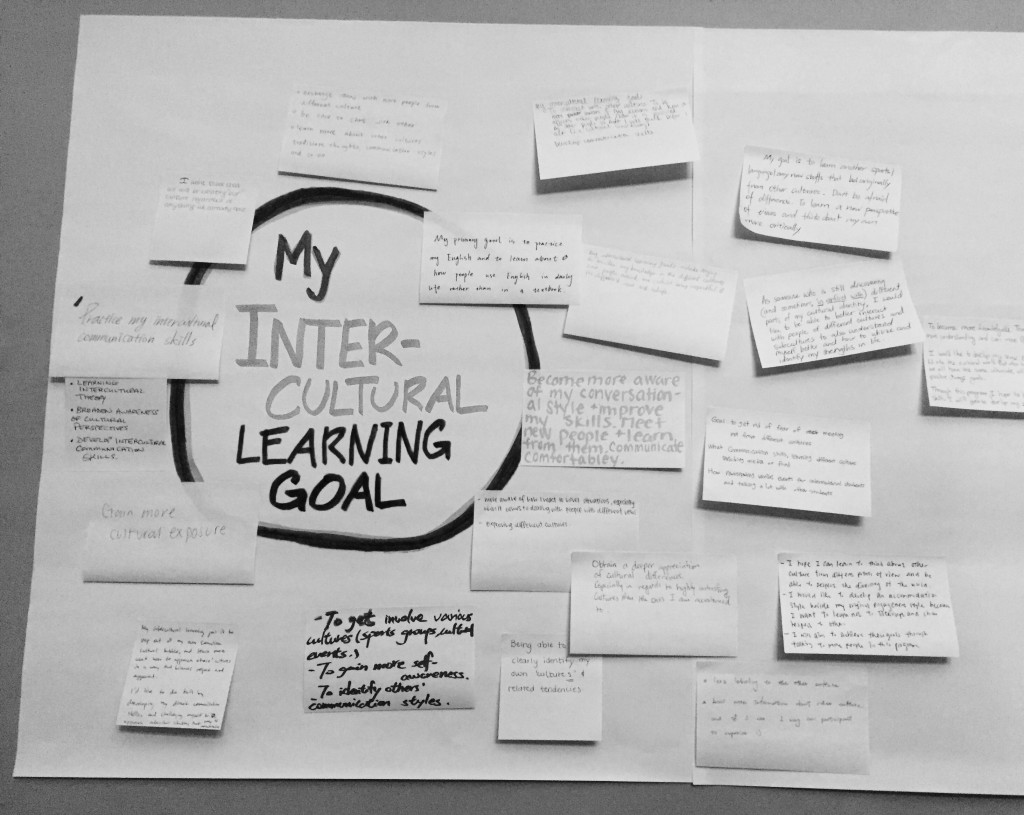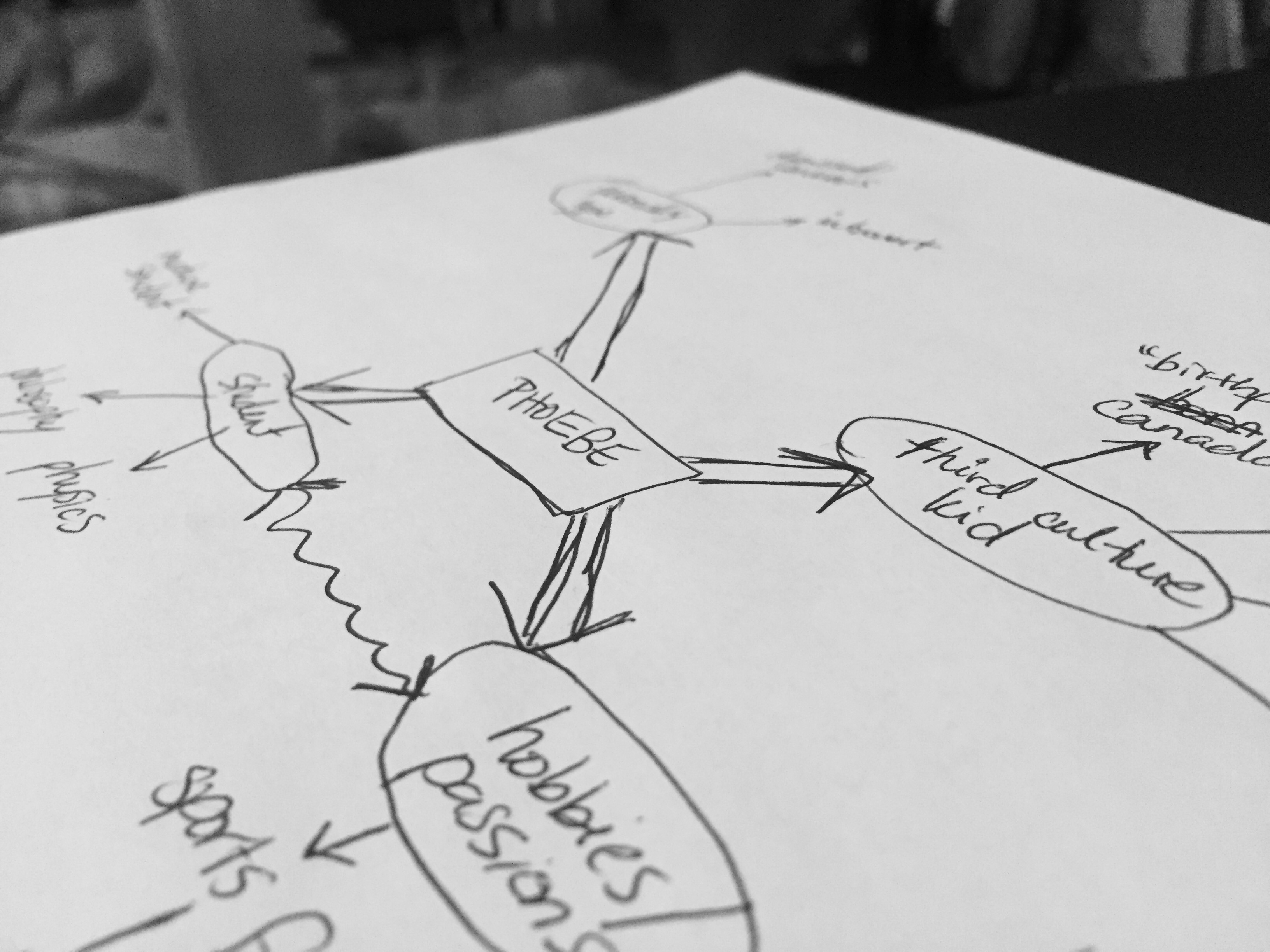I’d like to think of myself as pretty “internationally-minded” (whatever that means) and I suspect a lot of Torontonians would too, seeing as we live in such a diverse and multicultural city. Apart from that, I lived in a few countries growing up and am still sometimes in conflict with my own cultural identity and what or how I choose to identify myself to others. For me, the question of “Where are you from?” can evoke different responses depending on the situation (and how interested I think the other person is in hearing my entire life story).
Since I chose not to pursue a major that deals directly with issues of multiculturalism I’m always looking for ways to learn about intercultural topics in more formal settings, especially as I’m equally fascinated by the theory part of all this as well.

The Centre for International Experience offers something called the
Intercultural Learning Program (ILP) which seeks to “build your intercultural learning skills at home or abroad.” While scanning the program page, what initially caught my eye was this:
Ideally the program will be a mix of domestic, international and both inbound and outbound exchange students.
You know the saying, “It’s always 5 o’clock somewhere”? Well, every culture is always foreign to
somebody, even if it is the majority culture (admittedly, not quite as catchy).
I think this point really stood out as a main theme in one of the program's introductory workshops I attended. We started out with the question: What is culture? Generally, we think of culture as being defined by ethnicity or geographical locations, but everyone is also a part of many other types of cultures and subcultures – a lot of which aren’t necessarily marked by physical indicators. It may be the U of T culture or a “downtown” culture or the culture of coffee addicts.
One of the activities that we did during the workshop was to create our own identity maps. We all had to consider the cultures we were part of, or came from, or are otherwise connected to in some way. It was interesting to reflect on all of the parts of me that weren’t necessarily manifested in my current life, but that I still considered part of my cultural identity such as certain aspects of my upbringing or past hobbies and passions. Sharing my map with the other participants I found that some of the smaller offshoot branches on my map could be a major branch on someone else’s map. Identity can certainly be very fluid – so too is culture.

I came into this workshop mostly thinking it would be a good reflective activity for me, but I was pleasantly surprised to find that there was an emphasis on learning practical skills as well. We spent a part of the workshop going over different communication skills and styles in the context of intercultural communication.
We all interact with a variety of people each day. I think being actively aware of how to adjust your communication style in different situations and with different people is such a powerful tool in either 1) getting what you want, or 2) being able to help someone else. Learning how to communicate isn't just something to know for those crossing language barriers, it applies in a range of other situations as well (actually, most situations).
Of course, this was just the beginning. I’m excited to discover what else I’ll learn and reflect on through the next parts of this program: the experiential outings.
 If you’re interested in learning more or applying, check out the Intercultural Learning Program page on the CIE site. Introductory workshops are held at the beginning of each semester.
Remember, you don’t have to go abroad or already be "multicultural" to develop or test out your intercultural skills! However, if that
If you’re interested in learning more or applying, check out the Intercultural Learning Program page on the CIE site. Introductory workshops are held at the beginning of each semester.
Remember, you don’t have to go abroad or already be "multicultural" to develop or test out your intercultural skills! However, if that is
something you’re interested in be sure to come out to the Exchange Fair next Tuesday, November 1 to learn more about study abroad opportunities. Exchange Talks for specific regions and for research opportunities abroad happen all throughout November as well. The Centre for International Experience offers something called the Intercultural Learning Program (ILP) which seeks to “build your intercultural learning skills at home or abroad.” While scanning the program page, what initially caught my eye was this:
The Centre for International Experience offers something called the Intercultural Learning Program (ILP) which seeks to “build your intercultural learning skills at home or abroad.” While scanning the program page, what initially caught my eye was this:
 I came into this workshop mostly thinking it would be a good reflective activity for me, but I was pleasantly surprised to find that there was an emphasis on learning practical skills as well. We spent a part of the workshop going over different communication skills and styles in the context of intercultural communication.
We all interact with a variety of people each day. I think being actively aware of how to adjust your communication style in different situations and with different people is such a powerful tool in either 1) getting what you want, or 2) being able to help someone else. Learning how to communicate isn't just something to know for those crossing language barriers, it applies in a range of other situations as well (actually, most situations).
Of course, this was just the beginning. I’m excited to discover what else I’ll learn and reflect on through the next parts of this program: the experiential outings.
I came into this workshop mostly thinking it would be a good reflective activity for me, but I was pleasantly surprised to find that there was an emphasis on learning practical skills as well. We spent a part of the workshop going over different communication skills and styles in the context of intercultural communication.
We all interact with a variety of people each day. I think being actively aware of how to adjust your communication style in different situations and with different people is such a powerful tool in either 1) getting what you want, or 2) being able to help someone else. Learning how to communicate isn't just something to know for those crossing language barriers, it applies in a range of other situations as well (actually, most situations).
Of course, this was just the beginning. I’m excited to discover what else I’ll learn and reflect on through the next parts of this program: the experiential outings.
 If you’re interested in learning more or applying, check out the Intercultural Learning Program page on the CIE site. Introductory workshops are held at the beginning of each semester.
Remember, you don’t have to go abroad or already be "multicultural" to develop or test out your intercultural skills! However, if that is something you’re interested in be sure to come out to the Exchange Fair next Tuesday, November 1 to learn more about study abroad opportunities. Exchange Talks for specific regions and for research opportunities abroad happen all throughout November as well.
If you’re interested in learning more or applying, check out the Intercultural Learning Program page on the CIE site. Introductory workshops are held at the beginning of each semester.
Remember, you don’t have to go abroad or already be "multicultural" to develop or test out your intercultural skills! However, if that is something you’re interested in be sure to come out to the Exchange Fair next Tuesday, November 1 to learn more about study abroad opportunities. Exchange Talks for specific regions and for research opportunities abroad happen all throughout November as well.
0 comments on “Developing Those Intercultural Skills: An Introduction”